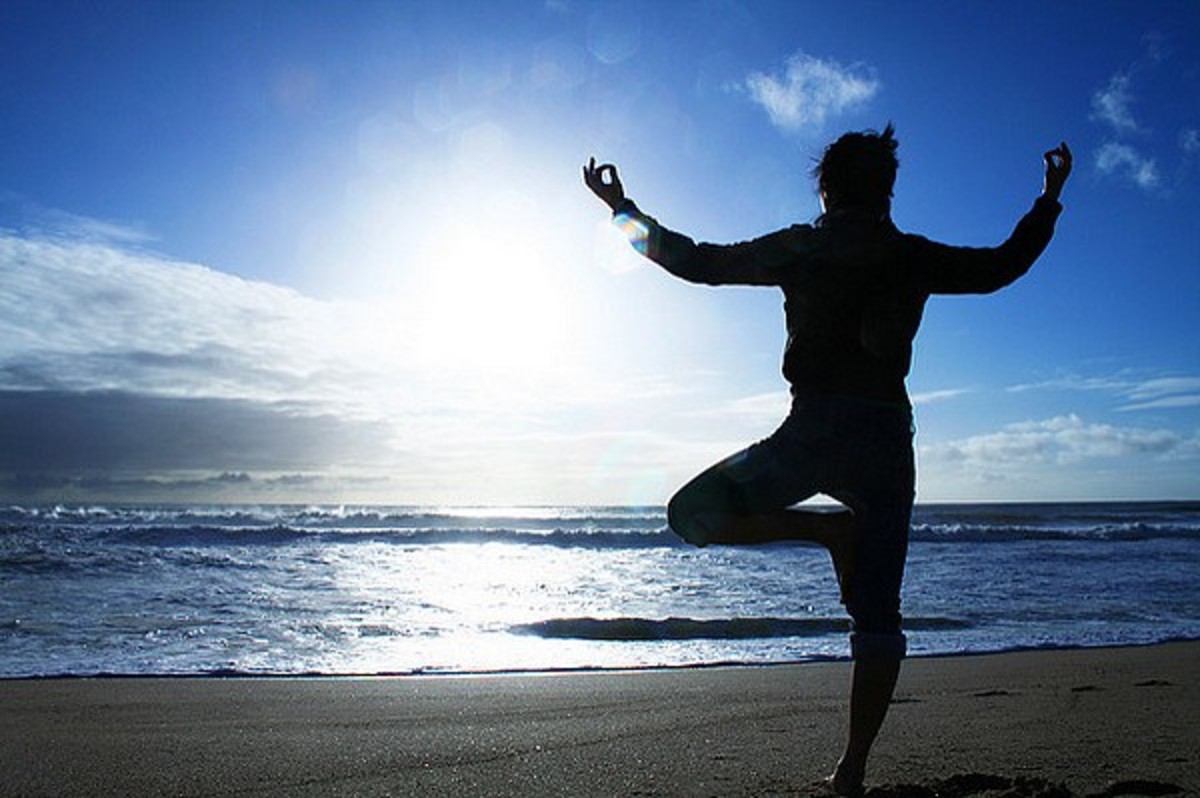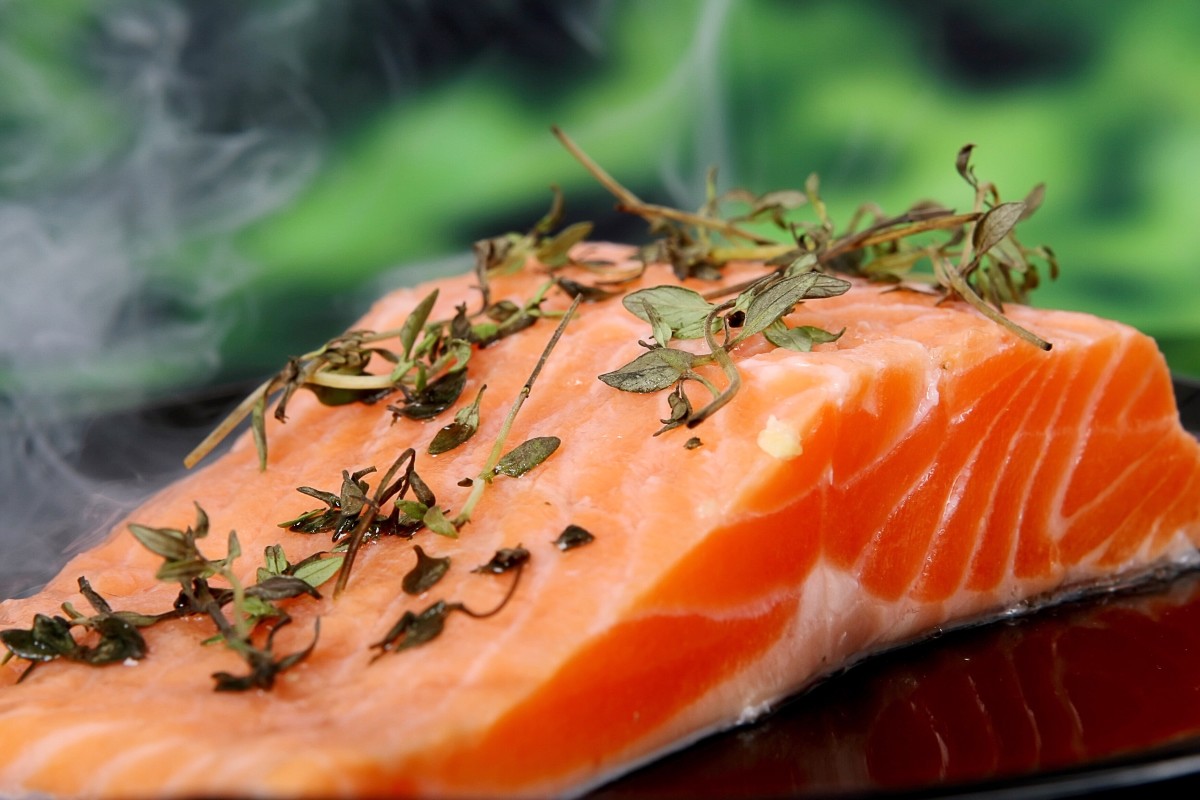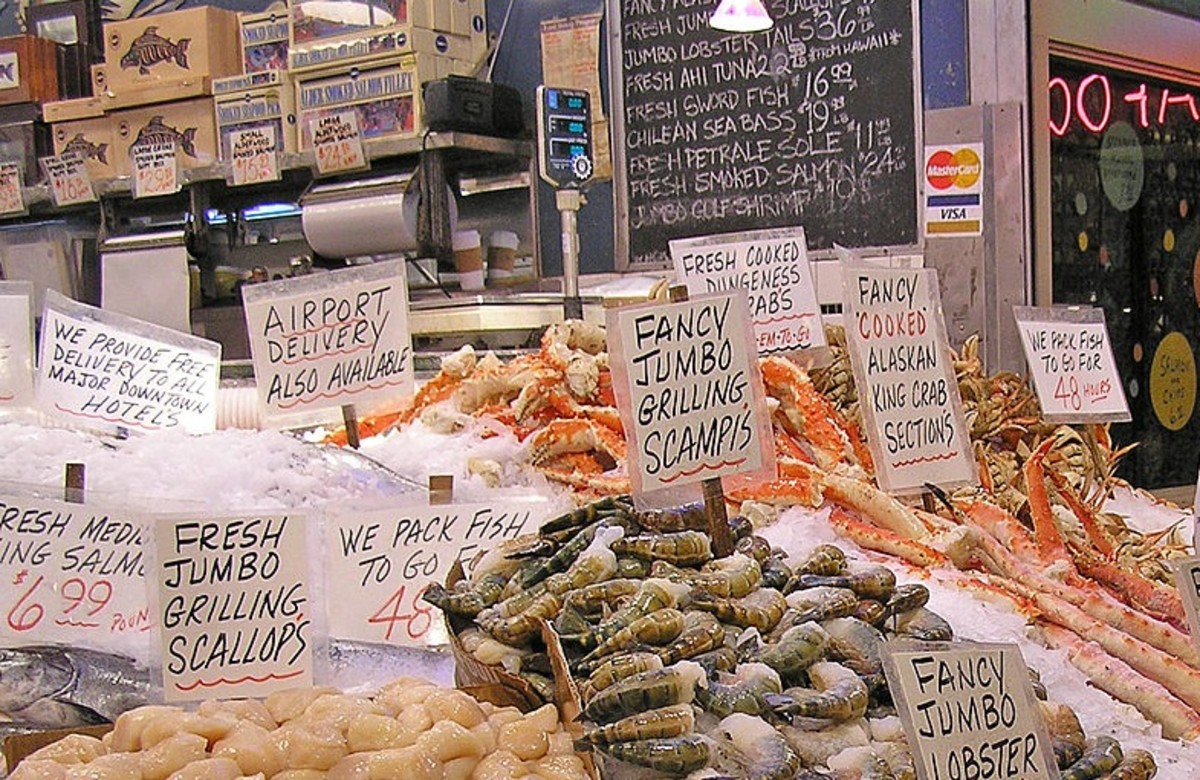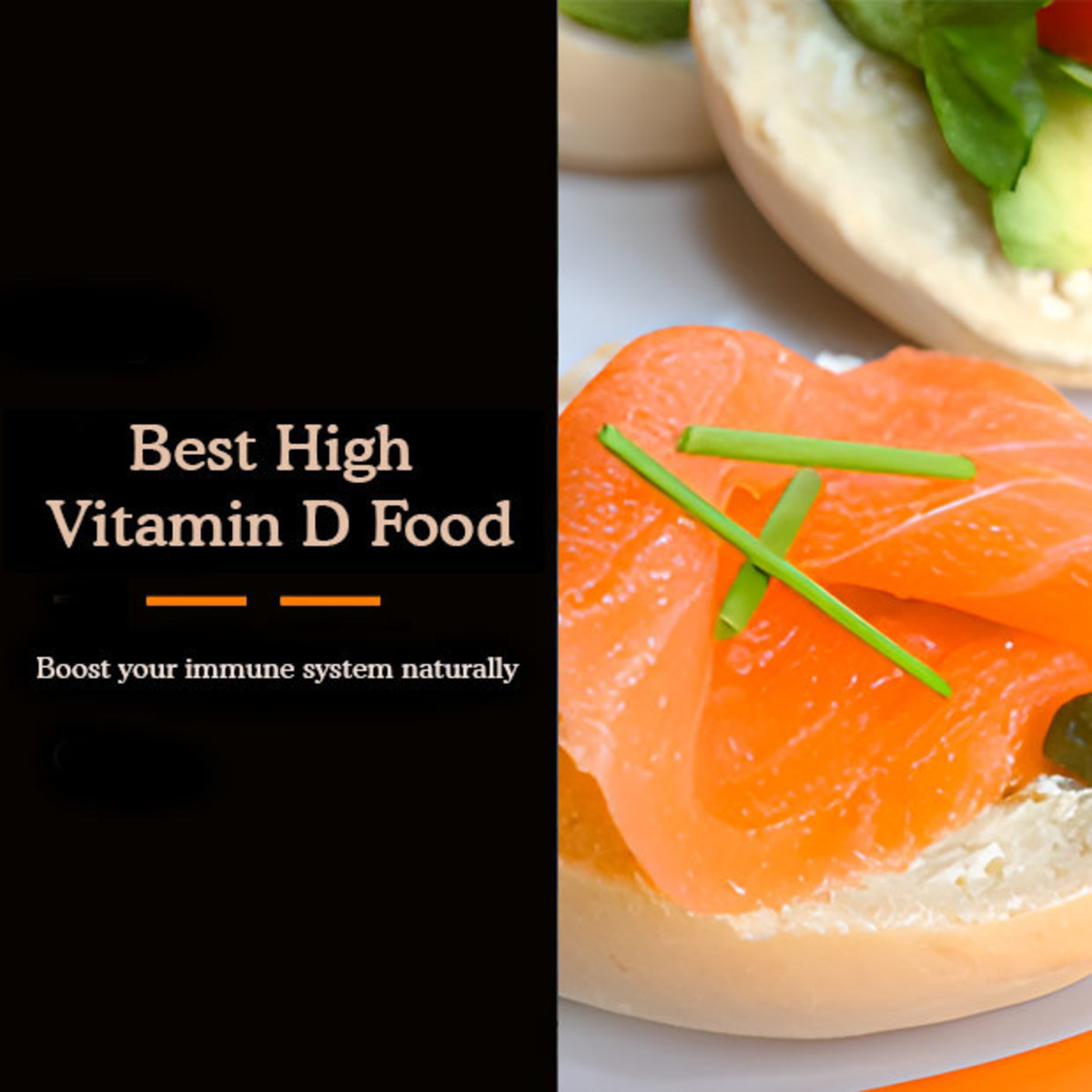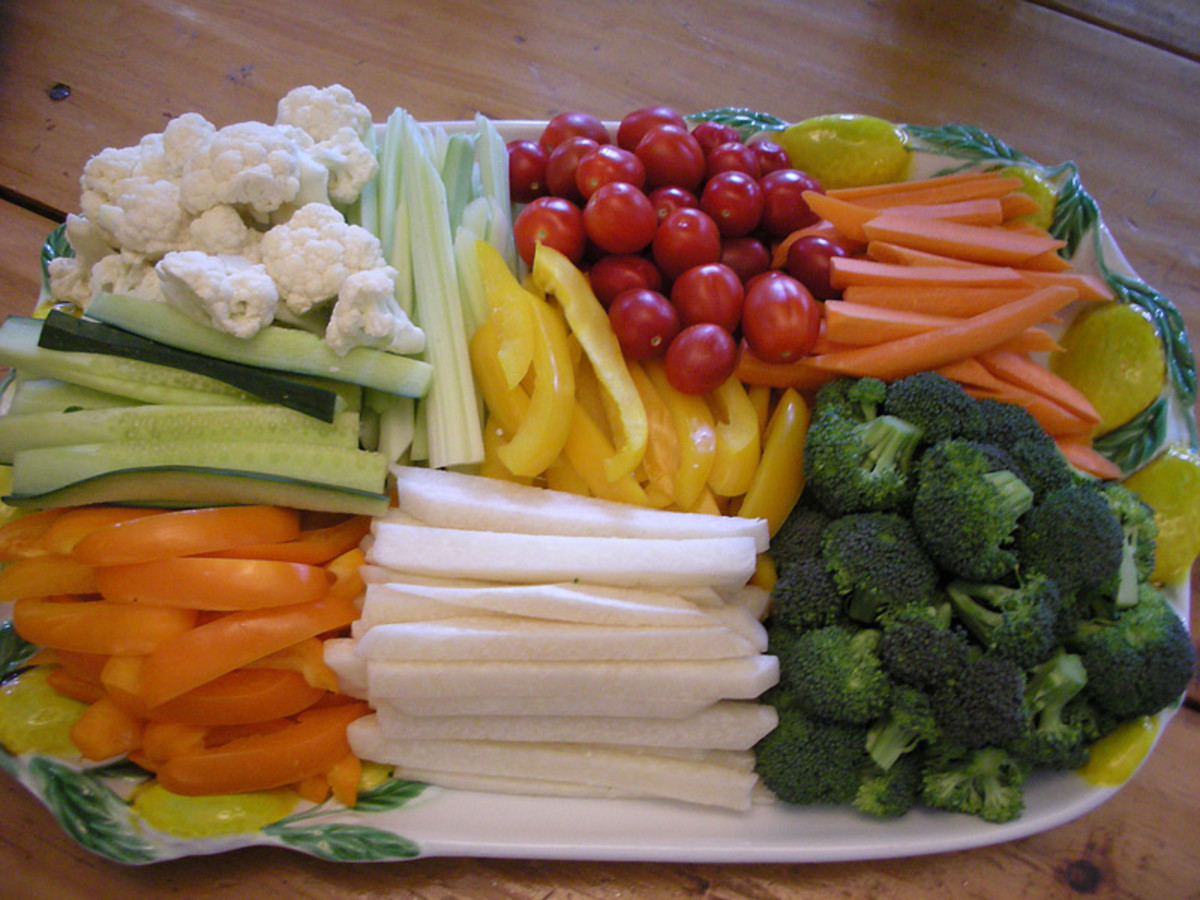5 Vitamin D Rich Foods for Vegetarians

What is Vitamin D?
Vitamin D is a fat-soluble non-essential vitamin that can be synthesized by the body when the skin is exposed to ultraviolet rays from sunlight. Non-essential doesn’t mean it is not important, it simply means that it can be produced by the body and need not to depend solely on food sources.
However, many people may not get enough sunlight. This is maybe because people spend more time indoors, wear sunscreen when stepping outside.
Spending time out in the sun in the morning is the best way to get your daily dose of vitamin D as getting enough vitamin D from the diet alone may be a little difficult, however, we also need to consume foods rich in vitamin D in order to prevent a deficiency in this nutrient.
Cholecalciferol or Vitamin D3 is the form produced by the skin when exposed to ultraviolet rays from sunlight while Ergocalciferol or vitamin D2 can be found in food, also used as a dietary supplement.
Why Vitamin D is important?
Vitamin D is crucial for the health and has many important roles in our organism. it is essential for maintaining our bones strong and healthy. Vitamin D improves the absorption of calcium and responsible for maintaining both calcium and phosphate adequate concentrations in our body which are vital for the normal growth and health of the bones. It contributes to the normal functioning of the immune system.
Vitamin D deficiency may cause rickets in children which are characterized by soft bones and skeletal deformities and osteomalacia or softening of bones in adults. It may also increase the risk of developing osteoporosis, which is characterized by fragile bones prone to fractures.
Recommended Daily Intake (RDI)
The Reference Daily Intake (RDI) of vitamin D per day:
Age 1 - 70 years – 600 IU (15 mcg)
Age 70+ years – 800 IU (20 mcg)
1 mcg is equal to 40 IU

1. Sunlight
Though I am discussing foods rich in vitamin D here but nothing can beat sunlight when it comes to getting adequate vitamin D. Before discussing foods one by one later in this article, I must let you know about the fact that getting enough vitamin D through food only is a little difficult. One should get enough sun exposure as well as food to get recommended daily intake of vitamin D.
Here is the process of getting safely Vitamin D from the sunlight without getting sunburn and harmful UV radiations:
· 10-25 minutes of sun exposure before 12 pm which is essential for skin to produce vitamin D.
· When the sun rays hit the skin, they stimulate the production of vitamin D in the body.
· More the exposure to the sun, more will be vitamin D production. But don’t overdo it otherwise you will get sunburn and other skin problems.
· Daily sun exposure is must to get enough vitamin D. If it is not feasible then sun exposure at least twice per week is necessary.
· One should get direct skin exposure to the sun, not the diffused rays by the glasses on the windows.
· To boost vitamin D levels when under the sun, expose your face, arms, and hands.
· It is advisable to not use sunscreen during this period as sunscreen prevent the sun rays from entering your skin. Wear sunscreen otherwise whenever you leave the home.
2. Mushrooms
Just like humans, mushrooms can synthesize vitamin D when exposed to sunlight. Mushrooms’ plant sterol, ergosterol converts to vitamin D when exposed to light. Next time when you eat mushrooms, expose them to sunlight in the morning for about 10-15 mins to make it richer in Vitamin D. You can eat mushrooms as stir-fried and can even use them in stuffing for sandwiches or add them in Hakka noodles.
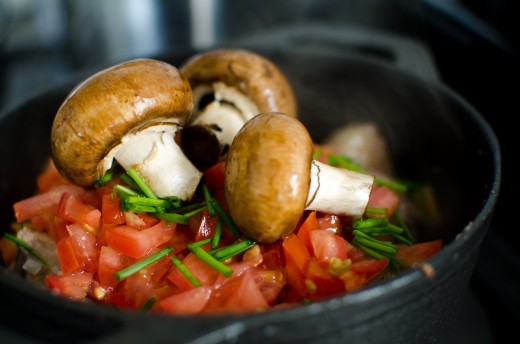
3. Whole Cow's Milk
Cow's Milk is considered as complete food because it comprises almost all the essential nutrients. Not only whole milk is a good source of vitamin D, riboflavin and vitamin B12, but it's a complete protein source as well, also a very good source of the minerals such as calcium, iodine, and phosphorus.
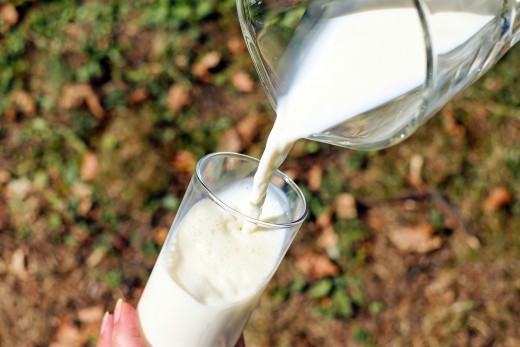
4. Breakfast Cereals
Vitamin D is not naturally present in fruit and vegetables, therefore; there are limited choices of vitamin D foods for vegetarians however certain cereals are fortified with vitamin D. This alone may not be the best option to fulfill daily recommended vitamin D intake but having cereals with cow milk will surely satisfy the body’s vitamin D needs.
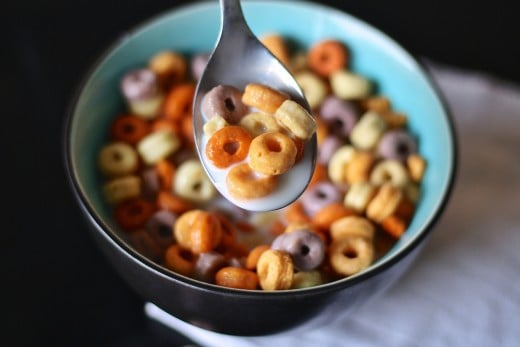
5. Sour Cream
Sour cream has a bad reputation as far as health is concerned. But not many know that Sour cream is a rich source of essential nutrients like proteins, vitamin A, potassium, and calcium and of course, a good source of vitamin D for vegetarians. 1 tablespoon of sour cream provides almost 2 IU of vitamin D. Add this dip in your diet but remember moderation is the key.
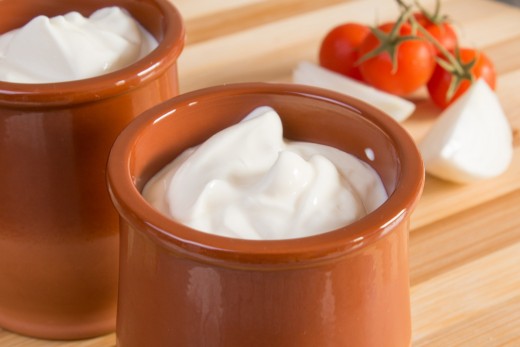
This content is accurate and true to the best of the author’s knowledge and does not substitute for diagnosis, prognosis, treatment, prescription, and/or dietary advice from a licensed health professional. Drugs, supplements, and natural remedies may have dangerous side effects. If pregnant or nursing, consult with a qualified provider on an individual basis. Seek immediate help if you are experiencing a medical emergency.
© 2019 La Fonceur

